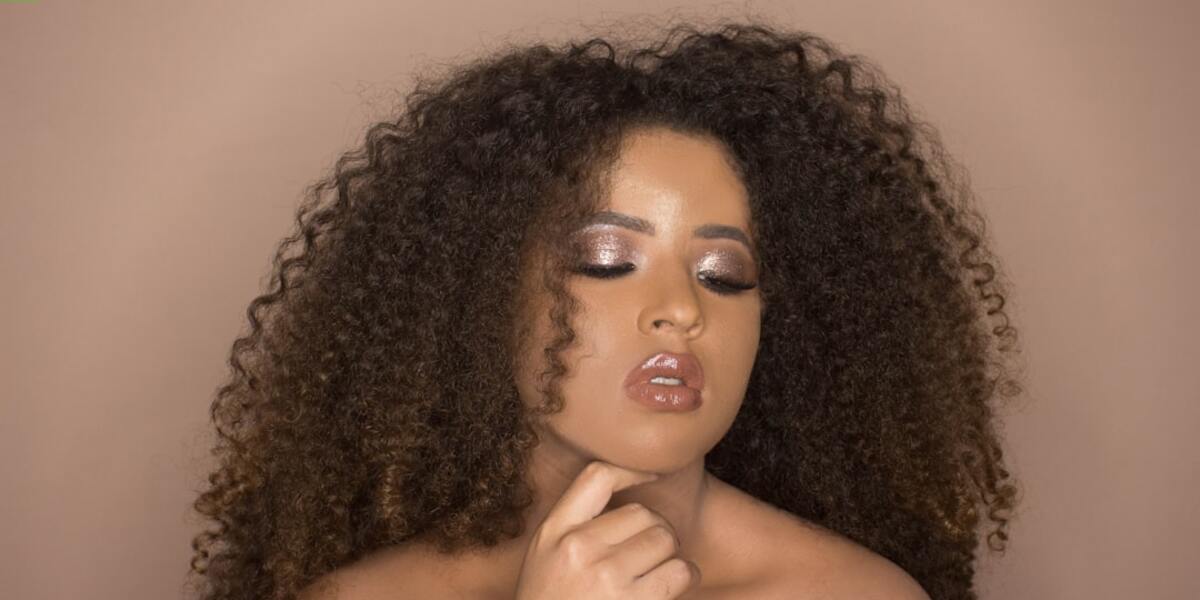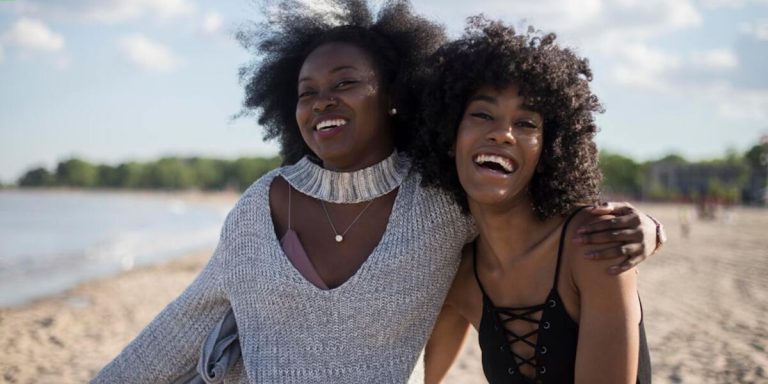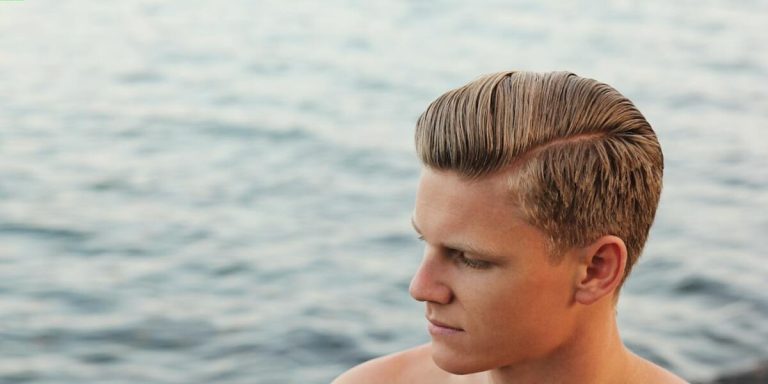Does Wearing a Cap Cause Hair Loss? Unveiling the Truth Behind this Common Belief
Hair loss is a common concern that affects millions of individuals worldwide, and many factors can contribute to this condition. One question often asked in online forums related to hair health is “Does wearing cap cause hair loss?” This pervasive belief has been around for quite some time but lacks substantial scientific backing.
Diving into the depth of this topic, we will explore various research pieces surrounding it and what leading dermatologists have to say. We aim not only to debunk or confirm myths like these but also shed light on real causes behind hair fall so you can make informed decisions about your scalp’s wellbeing.
Did you know?
According to a study by Harvard Medical School, wearing a cap won’t cause hair loss, debunking the common myth. But very tight hats could potentially affect blood circulation and contribute indirectly.
Uncovering the Truth: Does Wearing a Cap Contribute to Hair Thinning?
Dispelling myths is a crucial aspect of understanding hair loss and its various causes. The frequently asked question, “Does wearing a cap contribute to hair thinning?” seems to be embedded in popular belief but lacks substantial scientific backing. We’ll delve into this topic, examining whether or not there’s any truth behind this claim.
At first glance, it may appear logical that regular cap-wearing might lead to friction on the scalp which could result in hair breakage or thinning over time. However, according to dermatologists and trichologists (specialists in matters relating directly to the health of our tresses), such an occurrence is relatively unlikely unless you’re sporting tightly fitted caps for prolonged periods regularly – hence suffocating your follicles deprived them from necessary airflow they need for growth.
Lastly, while stressing out about losing strands due solely because you enjoy donning a baseball hat now and then isn’t warranted; it doesn’t hurt being attentive towards other potential factors causing possible baldness — nutritional deficiencies dieting stress hormonal imbalances etc just as much if not more than your style choices! Understanding reality uncovers solutions paving way healthier locks today tomorrow beyond!.
Investigating the Link Between Regular Hat Usage and Scalp Health
The question “does wearing a cap cause hair loss?” has sparked heated debates for years. While many argue that regular hat usage can lead to scalp problems and eventual thinning of the hair, others firmly disagree.
Primarily, it’s worth noting that hats by themselves do not directly cause hair loss. The sensible explanation is that the naturally occurring cycle of follicle growth isn’t usually influenced by simply covering your head with a hat or cap.
Circumstances may arise when wearing caps contributes indirectly to temporary hair thinning due to associated conditions that affect scalp health. Let’s explore these instances for a better understanding:
1) Poor Hygiene: Repeatedly using dirty hats can expose your scalp to bacteria and fungi which might lead to infections like Folliculitis – an inflammation causing damage in follicles resulting in brief periods of unhealthy shedding.
2) Traction Alopecia: Tight-fitting caps exert constant pressure on specific portions of the head leading towards weak roots over time; A condition known as traction alopecia characterized by progressive tension-induced hairline recession primarily around temples & sideburns.
3) Insufficient Ventilation: Constant use without adequate ‘breathing space’ potentially builds up sweat accumulated over extended periods within enclosed areas triggering imbalances involving natural oils essential for healthy strands development.
If you enjoy wearing stylish hats frequently but want reassurance against potential indirect causation, consider these handy tips:
The Science Behind Traction Alopecia and Headwear
Understanding the relationship between hair loss and wearing a cap can sometimes be shrouded in myth. A key factor to consider is traction alopecia, which refers to gradual hair loss primarily due to pulling force being applied on the hair.
Traction alopecia is usually caused by certain hairstyles that pull tightly on your scalp—the constant tension strains your follicles, leading eventually to damage and subsequently, bald patches. While there’s no concrete scientific evidence linking hat or cap wearing directly with this condition or stating it as an absolute “does wearing cap cause hair loss” case guideline—it warrants considering that excessively tight headwear could contribute towards similar effects.
How exactly does this work? To understand better let’s delve into three crucial mechanisms:
1) Strain: Regularly sporting snug-fitting caps may strain the roots of your strands over time—similarly as when you often put up your locks in constricting styles like ponytails or braids.
Debunking Myths: Understanding What Really Causes Hair Loss
Hair loss often brings along a heap of misconceptions and myths that need to be debunked. One such common myth is about wearing caps leading to hair fall; let’s unwrap the truth behind it.
Understand the true causes of hair loss before falling prey to misinformation. Two main factors contribute significantly: genetics and hormonal imbalances.
If your family history shows baldness or thinning hairlines across generations, you’re probably at risk as well. Hormonal imbalances, involving either an excess production or a deficiency, can affect overall health and scalp health, influencing shedding patterns.
Wearing a cap may seem like a plausible factor due largely in part because when people notice strands caught up within their hats they jump right into conclusions assuming hats as culprits for their worsening condition but delve deeper and scrutinize closely there is no concrete scientific evidence supporting this belief thus proving otherwise.
Distinguishing Genetic Factors from Environmental Culprits
Distinguishing genetic factors from environmental culprits in hair loss is a task that can leave many scratching their heads – no pun intended. But before we delve into this topic, let’s tackle one common myth: does wearing a cap cause hair loss?
Despite what the rumors may say, there is little scientific evidence to suggest that wearing caps lead directly to baldness or thinning. Hair follicles receive oxygen through the bloodstream rather than air exposure, so your favorite hat isn’t likely sabotaging your scalp.
Genetic factors play an undeniable role in hair fall pattern and progression rate; it comes down to how equipped your genes are against different forms of Dihydrotestosterone (DHT). This hereditary predisposition cannot be changed but can certainly be managed with proper care and treatment options available in 2023.
Environmental contributors, which can accelerate shedding, often include lifestyle habits or external circumstances. Some notable ones are:
1) Heavy Smoking: Cigarette toxins disrupt circulation system essential for nourishing hairs.
2) Poor Nutrition: Lack of nutrients like iron and protein often propels unnecessary breakage.
3) Chronic Stress levels: Prolonged stress periods induce permanent changes in growth cycles leading up-to significant thin patches over time.
4) Heat Styling Tools & Chemical Treatments frequently exert severe strain on delicate strands structure causing them to weaken prematurely.
Assessing the Impact of Lifestyle Choices on Hair Follicle Vitality
It’s a common belief that wearing caps can lead to hair loss. This myth has circulated for years, mainly due to the concept that hats or caps obstruct air circulation, causing sweat accumulation and damaging hair follicles.
In reality though, this is far from the truth. Wearing a cap does not cause hair loss directly. It’s a lifestyle choice much like any other attire we choose daily without second thoughts about its impact on our health let alone triggering potential baldness.
Wearing hats regularly comes with a few caveats, despite the relief of knowing they don’t cause hair loss:
Caps worn too tight might pull at your strands creating tension leading to Traction Alopecia if continued over extended periods.
Dirty hats could potentially lead to scalp infections affecting healthy growth cycle which highlight importance maintaining cleanliness just like you would with combs or towels.
To avoid these possibilities simply ensure your hats are clean and they fit properly i.e., aren’t exerting unnecessary pressure upon your locks while being comfortable enough for all-day use.
Protective Measures: Avoiding Habits that Exacerbate Hair Fall
Given the rising concern about hair loss, many have questioned whether frequently worn accessories like caps can intensify this issue. The connection between cap-wearing and hair fall is not as straightforward as some might believe. Let’s clear out some misconceptions associated with it.
Firstly, let’s put to rest a common myth: ordinary cap wearing does not cause hair loss directly. This misconception possibly sprung from an age-old notion that your scalp needs ample air circulation for healthy growth of strands which caps could ostensibly inhibit if used excessively or incorrectly. However, studies in 2023 indicate there is no direct link between simply putting on a hat and experiencing increased shed rates.
However, frequent usage of very tight headgear – including hats or caps – could potentially lead to traction alopecia over time—an ailment resulting from constant pulling force applied to hair roots causing them weaken gradually leading eventually towards their premature shedding cycle kickstarting too early before full maturation …and voila! You’ve got yourself facing thinning areas atop your once lavishly lush crown!
Takeaway? Well here’s what you need: make sure any cap fitting isn’t creating undue tension upon your sensitive follicles; be mindful enough while removing such gear off avoiding abrupt pull-or-tug actions – especially when handling wet locks post-shower times since these are more vulnerable under moist conditions than dry state scenarios generally speaking.
Guidelines for Healthy Headgear Practices
The connection between headgear habits and hair loss is often overlooked. If you’re someone who frequently sports caps, hats or helmets, this section will offer insights into the potential impacts of these accessories on your scalp health.
“Does wearing a cap cause hair loss?” Several studies have indeed suggested that bad headgear practices could exacerbate hair fall over time. However, it’s not as simple as associating any form of hat with instant baldness – far from it! The process is more intricate than that and has to do with how we use our preferred types of head protection gear.
It’s typically about pressure distribution around the scalp and circulation levels in those areas. A tight-fitting hat can lead to reduced blood flow, which subsequently affects nourishment for the follicles leading them eventually into a dormant state activating early onset alopecia.
Now let us dive deeper into some guidelines for proper usage:
1) Opt For Looser Fittings: Overly snug caps tend to strangle your strands at their roots causing unnecessary tension which isn’t good news for those already experiencing thinning issues. Selecting loose fittings ensures less stress inflicted upon individual hairs thus preventing further damage.
2) Prioritize Frequent Breaks: Your dome needs breathing room! Prolonged confinement under heavy-duty materials could create an overly moist environment promoting bacterial growth potentially triggering conditions like Seborrheic Dermatitis famous among dermatologists for fueling rapid shedding episodes.
Alternatives to Hats for Sun Protection and Style
Sun protection is key when it comes to maintaining a healthy scalp, and while hats can often be the go-to solution for many people, there are other alternatives available. Incidentally, a commonly asked question in 2023 is: “does wearing cap cause hair loss?” While excessive hat use doesn’t directly lead to hairfall, creating an environment that’s excessively hot and humid might foster conditions conducive for some types of alopecia.
On days you’d like to switch things up from your regular cap game yet want sun protection intact – think about using scarves! Scarves allow your scalp space to breathe unlike tight-fitted caps do which could create unhealthy sweat build-up leading indirectly towards thinning tresses over time.
Next up on protective measures would be the increasingly popular bandanas or buffs designed specifically with UPF (Ultraviolet Protection Factor) material that efficiently blocks harmful UV rays affecting both skin & hair health negatively if exposed overly under harsh daylight hours.
Additionally investing in specially constructed parasols made of light-blocking fabric isn’t just stylish—they double down excellently protecting against photoaging effects seen rogue free-radicals play havoc upon constant exposure without proper coverage options available handy!
Conclusion
So, to the age-old question – does wearing a cap cause hair loss? The evidence suggests that it’s more about how you wear your hat and less about its mere presence on your head. If you’re keeping things clean, comfortable, and not too tight for extended periods of time, feel free to rock that favorite cap as often as you wish.
Before belting out alacrity over this newfound revelation or despairing at the thought of avoiding tightly worn hats in future – remember knowledge is power! Dig deeper into other causes behind hair loss right here on our website. With comprehensive information at your fingertip tips; kick back those misleading beliefs away just like an unnecessary high-tight hat!
It’s always great to stay informed because who knew – maybe another myth awaits debunking around ‘hair loss causes’ corner.







